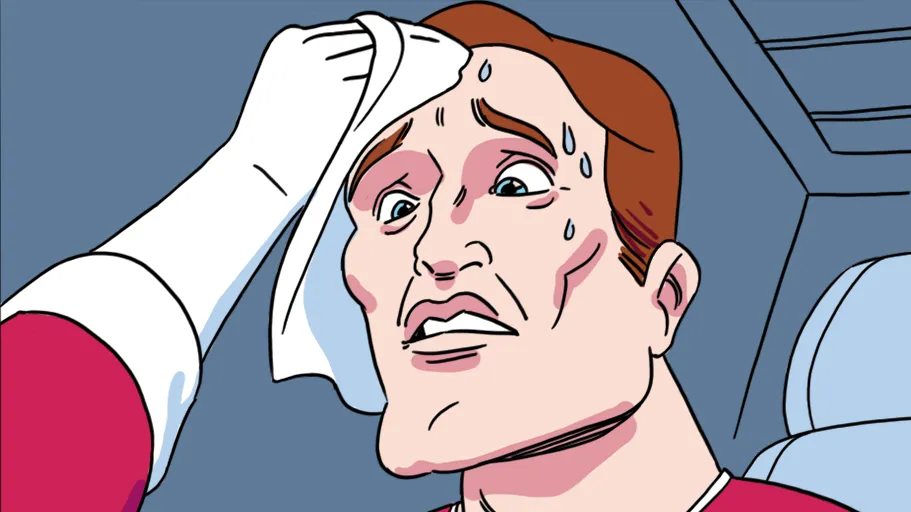
I seem to get myself into a lot of philosophical discussions and debates regarding morality. I'm guessing that this is largely because I take the subject so seriously while holding positions that are often unusual to most other people. When one adopts a certain position because they believe it to be correct and superior to all others, it's naturally implied that those others are incorrect and inferior. Even if you're not saying it outright, it'll still offend people.
Welcome to my world.
I'm an atheist, vegan, anarcho-capitalist... So basically, it's a miracle that I have any friends at all. Sure, I could compromise and weaken my stance in order to be less offensive. I could be an agnostic vegetarian classical liberal and ruffle far fewer feathers... but I decided a long time ago that I'd rather end up with a very small number of high-quality true friends than a multitude of low-quality fair-weather ones.
Anyway, a lot of people love to question and challenge my positions and I've become pretty adept at explaining them. A classic move that challengers like to pull is the posing of absurd hypothetical situations meant to reveal hypocrisy. Here's an example.
As an ancap, I uphold the Nonaggression Principle, which essentially just states that it's morally wrong to damage and take the property of others without their consent. To challenge this position, one might say, "suppose you were dangling off the side of a skyscraper and the only way to survive was to break the window and climb in? Wouldn't you violate your principle then???"

At this point, they usually smirk and await your concession and apology... but I take it as an opportunity to point out a very important aspect of my moral framework. I say, "I would absolutely vandalize the window to save myself... but I would stand accountable for my crime after the fact, pay for the damage, and earn my victim's forgiveness."
The morals we adopt are recipes for how to live, not how to die. When one's survival is at stake, morality takes a back seat until the threat has been nullified. We should definitely be honest about this.
The concept comes into play in less extreme situations too. Consider parenting. My rigorous application of the nonaggression principle means that I cannot hit children to force them to obey me. That means spanking or any other such force is off the table. Challengers like to say things like "but what if your kid runs into traffic? Won't you pick them up and pull them away against their will even if they scream and cry?"

This is similar to "wouldn't you shove someone out of the way of an oncoming car?" To this challenge, I answer, "yes, I'd absolutely use physical force to save someone's life." As in the first scenario, however, I also follow up with an explanation of what I would do afterwards to make things right. "I would apologize for my violence, explain my reasoning, and seek forgiveness from the victim."
Ends don't justify the means but if your victim understands that your violation was done to avoid even greater harm, they're likely to forgive you. If they don't, you may have to pay restitution until they're satisfied. In other words, don't take such decisions lightly. I wouldn't ever commit such a violation unless I was absolutely certain that I could make up for it afterwards and that the victim would forgive me. The point is that with this follow-up policy of making things right, we're not trying to justify our violations or maintain moral perfection at the expense of the principle. Instead, we're owning our transgressions and admitting that we wouldn't do the morally pure thing at the expense of others. In the end, I think we can safely say that almost everyone prefers it that way anyway.
